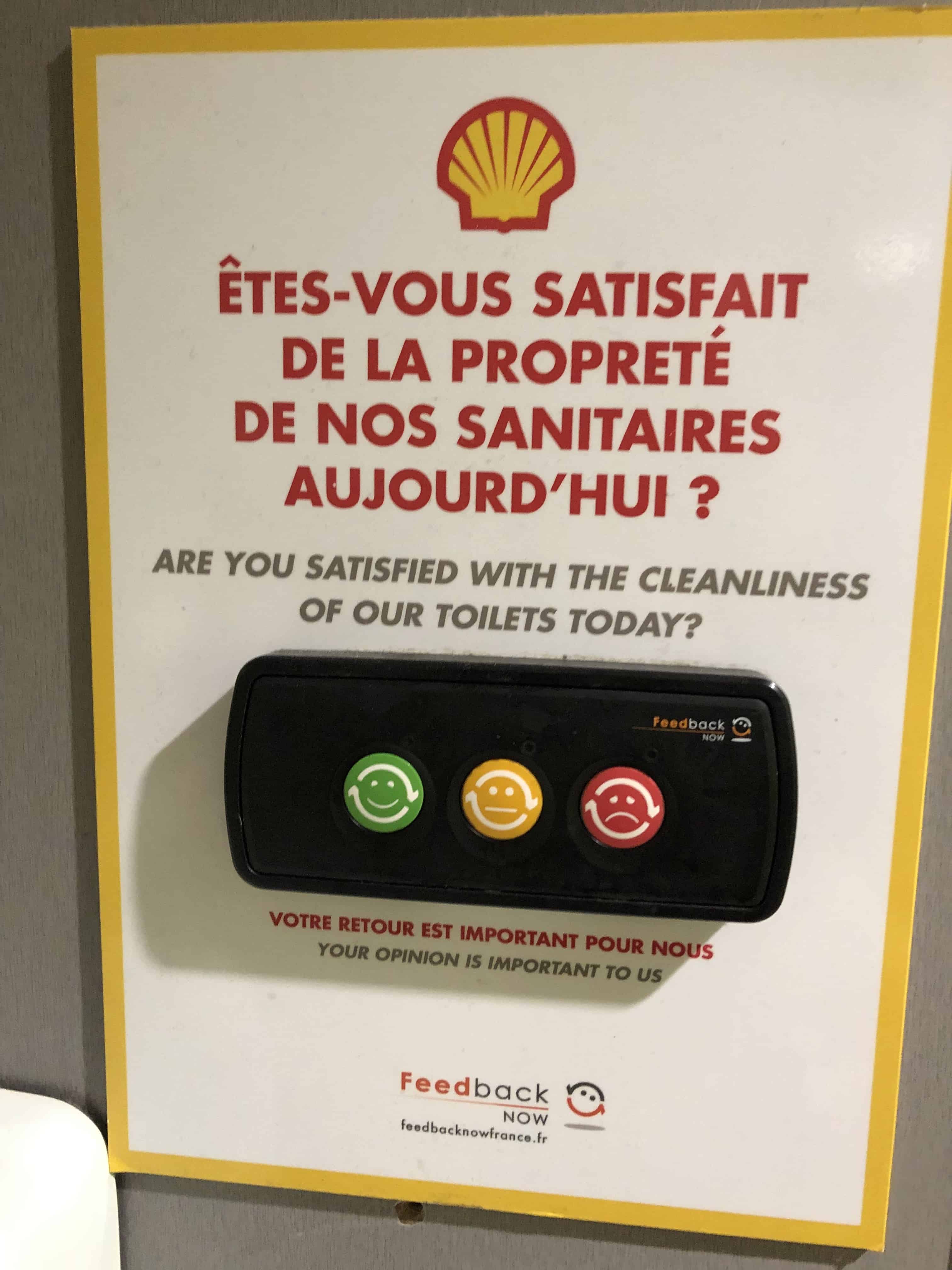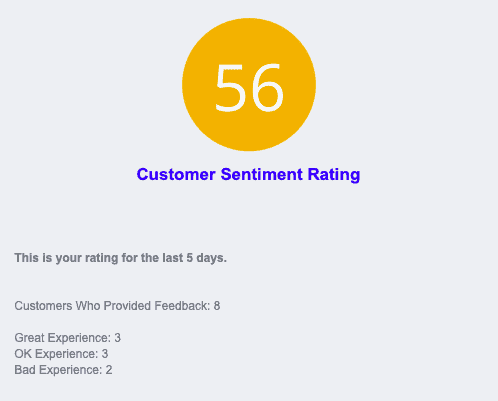February 26, 2020
It’s a cliché that we’re inundated with more data than ever before, but that doesn’t make it any less true. Throughout the day we have emails, tweets, news alerts, articles and more. In business we also have communication from customers through a range of social media, phone calls, and in person. And we might have customer surveys, complaints and compliments to consider as well.
It can be overwhelming.

Mindfulness has become recognised as a powerful tool for our personal lives. By taking the time to focus on the important stuff and screen out the trivial we reduce stress and that, ironically, allows us to get more done in the important areas.
The same idea can apply to a business. And yes I mean a business, not just you in business.
Reducing Overload
When we get inundated with data we start to lose perspective. Everything is important and needs to be dealt with immediately. It’s a reactive response that not only causes us to feel we’ve lost control but also leads to bad decisions.
This is true in every aspect of our lives. But in our personal life we’re told this is an issue and encouraged to be mindful. In business, by contrast, we’re given examples of competitors using real-time data to be more efficient while being told that if we don’t respond quickly to customers they will leave.
But what if we don’t react? Don’t chase every new input we get?
What if instead we build solid processes that we trust? Then we can step back and use the feedback and the data to periodically tweak those processes and make them more efficient.

You might have seen something like this around. This particular one I spotted at a motorway stop in France but they’re in many airports, supermarkets and more. By making it quick and easy for the customer to give feedback they gather information that businesses otherwise never see.
Busy locations like the San Francisco ‘49ers use them to gather real-time data and so they can identify problems and move staff to fix them before they become serious issues. When you have 70,000 people in the premises at one time that can make sense. It’s part of their process since they can’t predicts all issues.
But what about businesses with lower volumes of people? Does it make sense to monitor real-time data when you have 200, 500 or even 1,000 people across a day?
Of course not. For most businesses the numbers are so low for most of the day that a single response can completely skew the result. And monitoring it will cause stress and even bad decisions.
What works better is to forget about the results and whenever enough data to be valid has built up (that could be monthly, weekly, or even daily) take the time to sit down and consider the outcome. Maybe the results will be great and you can be happy everything is working well.
And if they do happen to be bad you can take time to consider why and put together a plan. That might involve getting more information. Or tweaking your process (for instance increasing cleaning of specific location more frequently on specific times or dates). Or it could be that this was a one-time event that you can safely say you don’t need to worry about happening again.
Whatever the result you have let the process work, reducing stress and the damage that can be caused by blindly reacting to single events.
Being Alert
None of this is to say that all real-time data is bad, just that the constant monitoring and reacting to it is. You want to know when you’re leg is broken but you don’t want to spend every second fretting and checking. Instead nature has built an alert system called pain. When something serious occurs you get notified.
In the same way, you do need to know about some incidents such as spillages, blockages or other serious matters. But getting an alert is a far better use of your time than constantly monitoring data. It’s also a lot less stress-inducing.
Mindfulness In Sentiment
I built this philosophy of mindfulness into Sentiment. Instead of portals where you login to see data it’s a set and forget operation. Start the data collection and sit back. Periodically we send a report with the relevant statistics and a summary Customer Sentiment Rating. Alerts can be set up for when things need attention.
This allows Sentiment to become a part of your business systems rather than an addition that needs monitoring.

Conclusion
There is a place for real-time data but that place is surprisingly limited. Most businesses are better served by taking the time to gather data without constantly monitoring it. It is better to have a system that you can use the data to audit and tweak as required.
It can be hard to ignore the data as it comes in, human nature is to take action. But having a system helps you to put it aside until you have enough data to be useful, and then approach it in a mindful way. And that will help you see the benefits in both your business and in your own life.
How Do You Ensure You’re Providing The Service Customers Actually Want?
